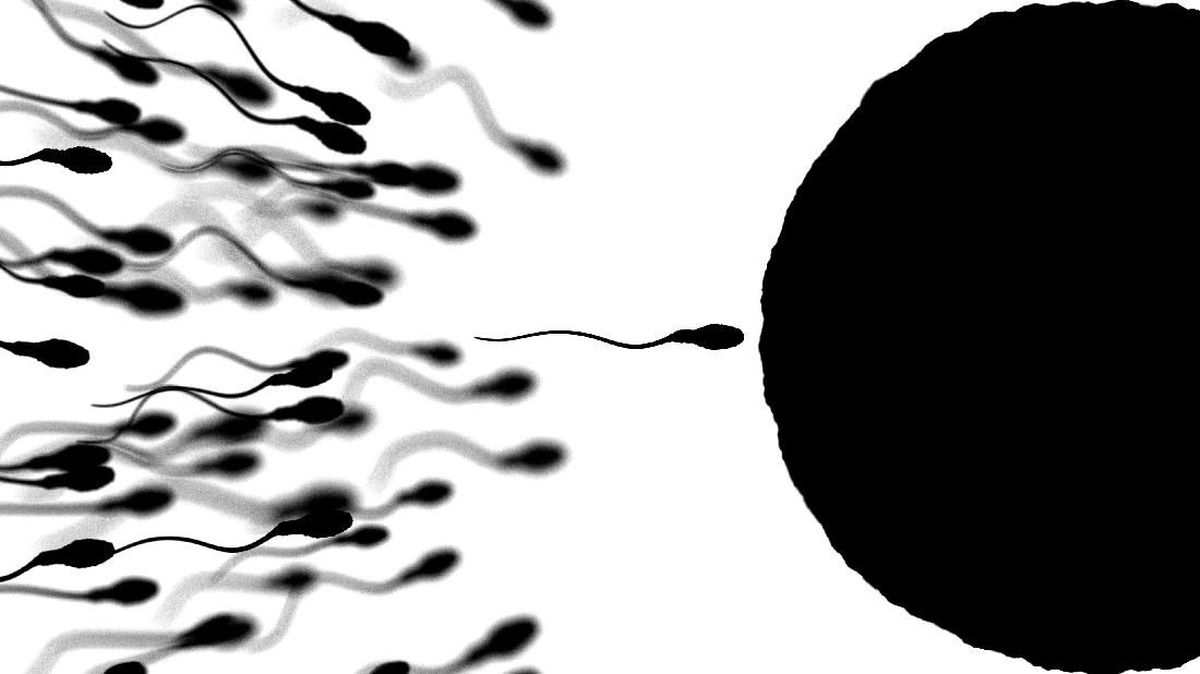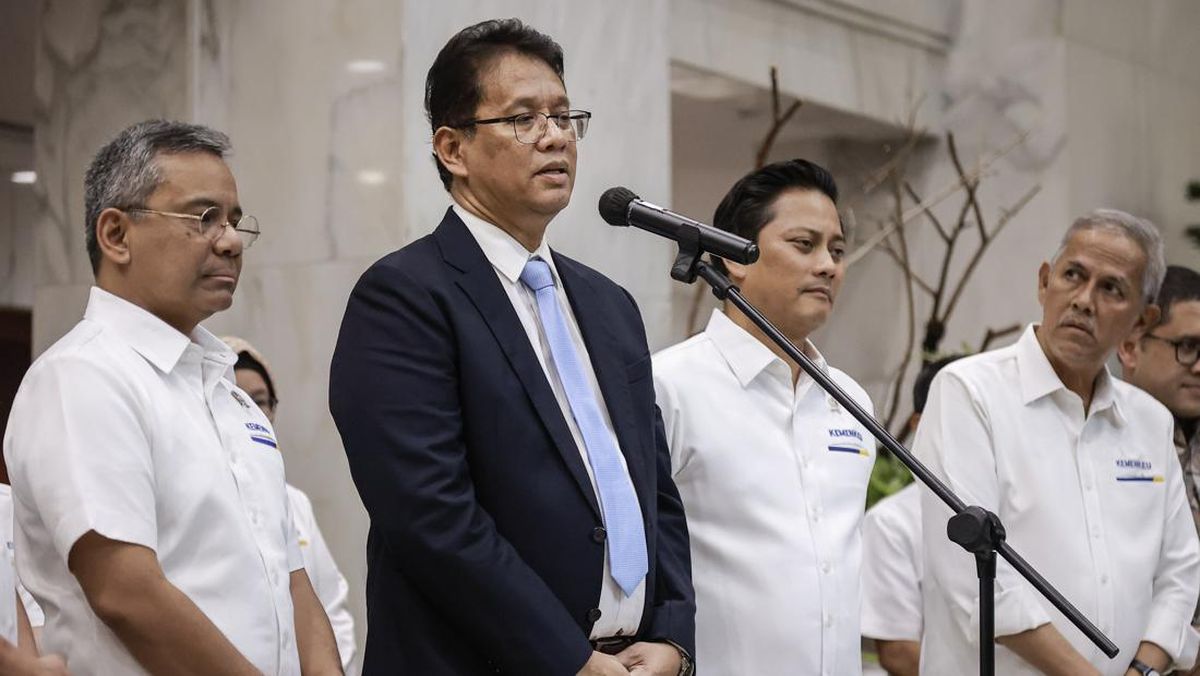Consumer advocates have taken aim at the government’s proposed framework for determining when air passengers should receive refunds for cancelled or late flights, saying the plan does not go far enough in pushing airlines to reduce avoidable delays.
The Albanese government this month opened consultation on a landmark aviation consumer protection scheme, which it says will establish the rights of consumers to a prompt refund when a flight is delayed.

Reforms are coming for Australian aviation – but are they enough?Credit: Steven Siewert
The consultation paper seeks to establish reasonable standards for airlines and airports to be held to, and includes criteria for when refunds and food and drink vouchers for affected passengers are appropriate. However, customer advocates have criticised the remedies being considered as insufficient.
Adam Glezer of Consumer Champion, consumer advocacy services, says the proposed remedies fail to address the core issue: compensation for flight delays and cancellations that are within the airline’s control.
“Australians deserve clarity. If an airline is at fault and we miss a funeral, wedding, holiday, work meeting, or any other important event, we should be properly compensated,“ said Glezer, who has long pushed for stronger rights for passengers affected by flight cancellations and delays.
Glezer, who helps customers secure refunds from airlines, said: “Refunds don’t go far enough. They don’t discourage airlines from cancelling or delaying flights they could have operated.”
Consumer group Choice also said earlier this month that although the government’s proposed scheme made a long-overdue shift, it was disappointed the proposal did not include clear rights to compensation for delayed or cancelled flights.
“Compensation schemes in Europe have encouraged airlines to reduce avoidable delays and provide consumers with simple cash payments when flights are cancelled or late ... This is something Australians also deserve,” Choice director of campaigns Rosie Thomas said.
The government seeks input on the framework by October 5 and input on the penalties airlines could face due on October 26.
Eric Napoli, chief legal officer of Europe-based AirHelp passenger compensation company, gets payouts from airlines under the European Union rule EC261, which provides for compensation when flights within the control of the airline are delayed or cancelled.
The sums range from €250 ($447) for flights of 1500 kilometres or less to €600 for flights longer than 3500km.
Customers of airlines operating in Europe are helped in part by the clarity that EC261, seen as the most robust consumer law international, throws around the process of flying.
Napoli says Australia’s compensation scheme should have “have simple, clear rules”.
“You want to have compensation values that are reasonable and that have a fixed price, a fixed amount,” he said.
The 2024 Aviation White Paper has recommended consumer protections for airline passengers. However, “mandatory compensation” is described as “not being part of the proposed remedies” at this tine.

Consumer Champion’s Adam Glezer is sceptical of the proposed remedies for Australian airlines’ cancellations. Credit: Eddie Jim
The White Paper, released in August 2024, followed a tumultuous few years in aviation that saw COVID lockdowns plunge the industry into uncertainty, pushing Virgin into administration, and helping set the stage for Qantas’ illegal firing of 1800 workers. The Albanese government’s relationship with privatised national carrier Qantas also came under scrutiny.
Under a table laying out “minimum levels of assistance”, the paper describes a dozen different criteria for delays and disruptions to flights, ranging from 45-minute tarmac delays to scheduled air services failing to operate within seven days of “scheduled departure time”.
AirHelp said it would look to Australia as a potential market for its compensation services in the future, Napoli said.
But part of the issue for any consumer rights scheme is identifying who is responsible for the delay and whether it is something that could have been avoided.
Delays or cancellations are typically caused by an external event (such as an extreme weather disruption), or the air traffic control, the airlines, or the airport itself.
Loading
AirHelp, for example, uses in-house tools to help discern whether the airline is responsible for a delay.
Australian Travel Industry Association chief executive Dean Long said: “The complexity of the aviation market makes it difficult to really apportion who is directly at fault for delays and the need for compensation.”
In the existing paper, there are a range of different categories where the Department of Infrastructure “is trying to work out who is responsible, when is it responsible to apportion the appropriate cost”.
That accounts to some degree for the complexity of the process in defining the categories of disruption, as well as the deciding on compensation.
A spokesperson for Transport Minister Catherine King said the “Australian-first” framework would “ensure greater protections for the travelling public, while holding airlines and airports to account”.
“We want to make sure consumer protections focus on ensuring passengers receive fair remedies and support during and after cancellations, delays and disruptions, such as prompt rebookings, access to food and accommodation, and timely refunds.”
The government’s framework will establish minimum standards set out in a charter enforceable by an Aviation Consumer Protection Authority, and a separate Aviation Consumer Ombuds Scheme to tackle individual consumer complaints that can’t be handled directly.
The government intends to fund the scheme via a levy on the industry, which some airline advocates say is a cost that will likely end up being passed along to consumers.
Loading
Europe’s EU261 rule, for example, cost the industry about €5 billion annually, according to the International Air Transport Association (IATA). As ticket pricing becomes more dynamic, it’s expected to make it easier for airlines to build in new costs for consumers.
Advocates of Australia’s aviation industry point to the differences in the size and nature of Australia’s aviation market and that of Europe. Europe recorded 6.7 million commercial flights in 2024, while in fiscal year 2024 there were 1.5 million flights in Australia.
Plans for Australia’s consumer protections are being watched globally.
IATA head of corporate communications Albert Tjoeng said that Australia’s aviation regulatory framework is “regarded highly globally” but that it is “important is to avoid the mistakes” made elsewhere in which “consumer protection regulations led to increased complexity, higher costs for airlines and travellers, with little or no tangible benefits”.
“Balance needs to be struck between protecting passengers’ rights without creating rigid or heavy-handed rules that do more harm than good,” Tjoeng said, noting that while “travellers want affordability, airlines are operating on tight margins”.
The Business Briefing newsletter delivers major stories, exclusive coverage and expert opinion. Sign up to get it every weekday morning.
Most Viewed in Business
Loading


















































